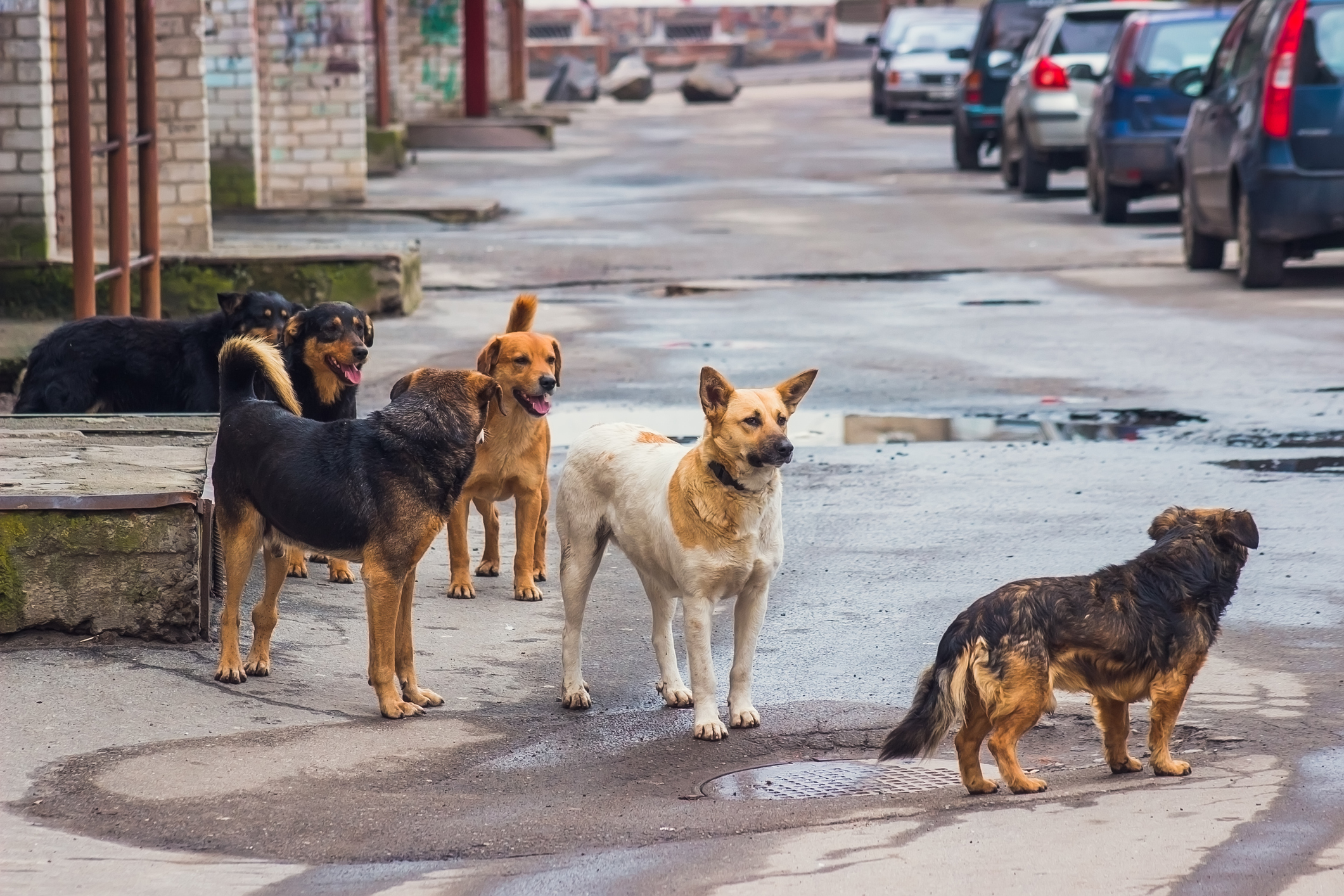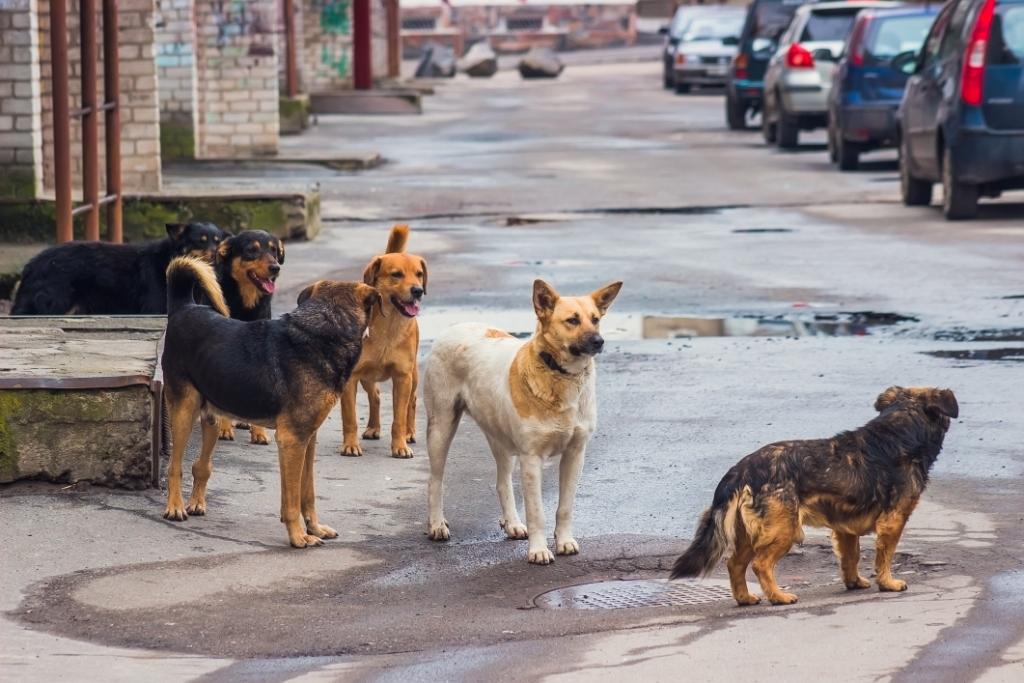Armenia, Azerbaijan, Georgia, Kazakhstan, Kyrgyzstan, Russia, Tajikistan, Turkmenistan and Uzbekistan are invited, all reporting echinococcosis over the past year
512335316
OIE and WHO continue to join their efforts to support countries in the control of zoonoses. On 10th and 11th December 2019, nine countries will be gathered to discuss on the progress made in the control of echinococcosis since the last sub-regional OIE/WHO meeting held in Astana in November 2018 (with rabies and brucellosis). The echinococcosis breakout session had strongly recommended OIE and WHO to support countries and improving intersectoral work, capacity building, surveillance, early diagnosis and treatment of this disease were among the priority tracks proposed to the countries.
The reason for this particular interest for echinococcosis ? Numerous studies, over the past two decades. They showed the epidemiology and distribution of Echinococcosis worldwide. Historically absent in South-East Asia, eliminated as a result of a successful control programme in New Zealand, the disease is still endemic although under reported in Central Asia and Caucasus. Thousands of cases are reported each year, with rates of infection ranging from less than 1 to more than 200 per 100,000 in certain rural populations that keep a close contact with domestic dogs (the average number is usually < 0.5 per 100,000).
Thus, strengthening echinococcosis surveillance in the sub region is still an important objective. WHO and OIE will gather their efforts to support the invited countries.
Increasing awareness of the participants on this topic, the expected outcomes of the meeting will be to:


